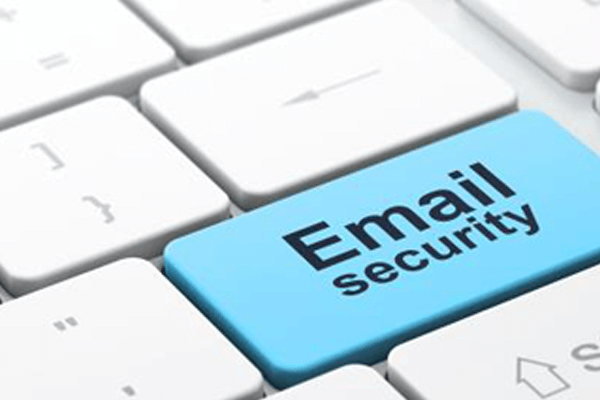Cybersecurity is a point that we consider to be significant. However, it frequently goes disregarded. The truth is, anybody with an email account is profoundly powerless to be presented to cyberattacks. As per an article distributed by Security Magazine, 1 out of 50 messages contains harmful substances. Computerized Trends appraises that 10% of all undermined messages have malware, such as spyware, ransomware, adware, or trojans.
Sending messages is a day by day propensity in our lives, so the inbox is a great spot to begin when assembling a cybersecurity methodology. Maintain a strategic distance from carelessness and illuminate yourself regarding email practices best practices so you can avoid hackers and evade different security dangers.
Online security is something you presumably know is significant, yet probably won't give it the best possible consideration. Carelessness here can bring about huge issues, and your email is one of the most delicate territories.
6 Common Tips To Protect Your Email Data
- Strong passwords- A protected password is nearly challenging to figure without past knowledge. Programmers utilize exact secret word speculating programming that goes through a large number of blends – the more complicated the password, the additional time it takes for the product to unravel it. An ideal approach to improve your security here is to begin utilizing a password manager. These let you make reliable and one-of-a-kind passwords for each record that you don't need to recall.
- Two-factor Authentication- Completing two-factor authentication (2FA) on your email account is a surefire approach to include an additional layer of security to your inbox. Significant email customers have the 2FA choice implicit so that you can empower it without much of a stretch. Consider changing to another cloud email supplier if the alternative isn't accessible to you. 2FA is an information loss protection strategy, as it makes hacking more difficult for cybercriminals and the individuals who need to sneak around through your messages.
- Phishing mails- Authentic organizations won't approach you for your password or other risky data over email. While you may have the option to spot evident attempts to take your data, hackers have shown signs of improvement at making persuading phishing. Regularly, phishing messages guarantee to originate from a natural element (like Amazon, Apple, PayPal, or comparable) and reveal to you that something isn't right with your record. They brief you to click a link that prompts a false site. If you enter your credentials there to "affirm" the data, you're giving the information over to cheats.
- Suspicious attachments- At times you'll get phishing messages that contain attachments. If an unknown source explicitly instructs you to open a document attachment, there is something malicious. You may run over specific messages from a sender you don't know. It's essential to execute against malware and antivirus email security programming to filter all attachments utilizing Malwarebytes.
- Anti-virus scanning- Similarly, you should check all email attachments before opening them. You should ensure your messages are examined—the antivirus software covers your overall messages too. The top screening programming alternatives check messages for weaknesses as they show up in your inbox and will caution you of any worries. The product will generally isolate influenced messages before it harms your security status.
- Avoid public WIFI- Refrain from browsing your email when you're on open WiFi, such as when you're at a café, air terminal, or city park. Hackers use 'network sniffers' that screen the private information's totality moving through a particular system and investigate that information for individual and significant data, such as your data, your username, and the secret key. Browsing your email on open WIFI is consistently a danger – one that does not merit taking if you have private and business-related messages in your inbox.
What Did We Learn?
While the web has grown safer after some time on account of far and comprehensive HTTPS utilization, more grounded encryption conventions and better-robotized discovery from email suppliers, a ton of your security despite everything lies with your choices. Set aside some effort to secure your email accounts, and your online well-being will turn into much more grounded due to it. Observing this mix of rules and well-being insurances will help keep your email account secure. Remember, hackers are all over, and if you don't have solid cybersecurity rehearses set up, your information could be taken in minutes. Ensure yourself and your business with smart email security.

